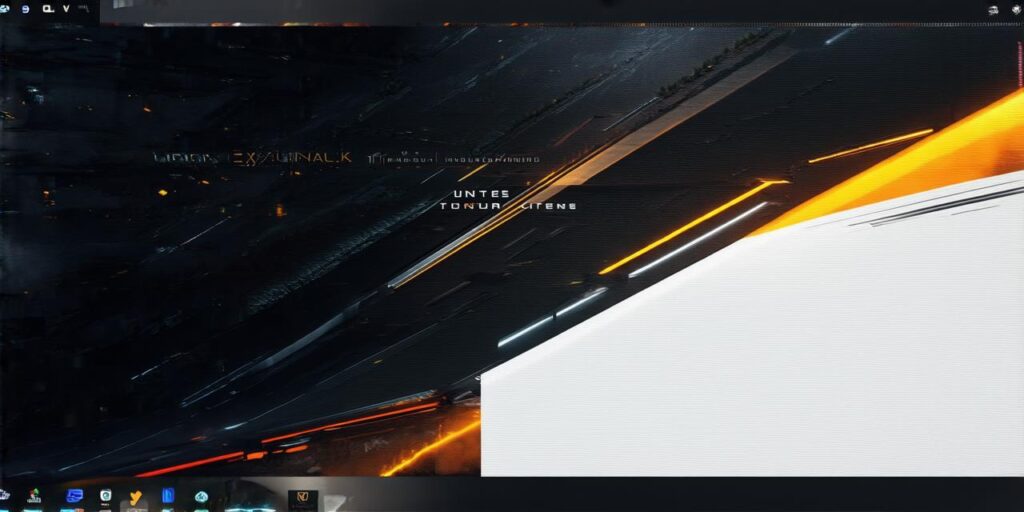As a game developer, you are always looking for ways to improve your skills and enhance your portfolio. One of the most popular tools in the game development world is Unreal Engine, a powerful and versatile platform that allows you to create stunning visuals and immersive experiences. In this article, we will explore professional game development with Tom Looman, a seasoned game developer and expert in C++ and Unreal Engine, as he shares his insights and tips on how to master these technologies.
Why Choose Unreal Engine?
Unreal Engine is a popular choice for game developers due to its powerful features and ease of use. Some of the key benefits of using Unreal Engine include:
- Real-time rendering: With Unreal Engine, you can create stunning visuals in real-time, making it perfect for creating interactive experiences and prototypes.
- Physics engine: Unreal Engine includes a built-in physics engine that allows you to simulate realistic physics in your games. This is especially useful for creating dynamic environments and realistic gameplay mechanics.
- Cross-platform compatibility: Unreal Engine supports multiple platforms, including PC, console, mobile, and VR, allowing you to create games for a wide audience.
- Community support: Unreal Engine has a large and active community of developers who share their knowledge and resources through forums, tutorials, and online courses.
Mastering C++ in Game Development
C++ is one of the most commonly used programming languages in game development due to its efficiency and speed. It is a powerful language that allows you to write low-level code that can be optimized for performance. However, mastering C++ requires a deep understanding of programming concepts and best practices.
- Object-oriented programming: C++ supports object-oriented programming, which allows you to organize your code into reusable components that can be easily modified and extended.
- Memory management: C++ is a low-level language, which means that you are responsible for managing memory yourself. This requires a deep understanding of how memory works and how to avoid common mistakes like memory leaks and buffer overflows.
- Template programming: C++ includes powerful template programming capabilities, which allow you to write code that can work with different data types and structures.
- Performance optimization: C++ is a fast language, but it requires careful optimization to achieve the best performance. This involves using techniques like loop unrolling, function inlining, and memory alignment.

Mastering Unreal Engine
Unreal Engine is a complex platform with many features and capabilities. Some of the key skills you need to master when working with Unreal Engine include:
- Blueprints: Blueprints are visual scripting tools that allow you to create game logic without writing code. They are an excellent tool for prototyping and creating simple games quickly.
- Scripting: Unreal Engine supports several scripting languages, including C++, Blueprint, and Visual Script. You need to choose the right language depending on your project’s requirements.
- Asset creation: Unreal Engine includes a powerful asset creation pipeline that allows you to create 3D models, textures, and animations. You need to have a good understanding of these tools to create realistic assets for your games.
- Performance optimization: Unreal Engine is designed to be fast, but it requires careful optimization to achieve the best performance. This involves using techniques like level compression, batching, and culling.
Tom Looman’s Advice
Tom Looman is a seasoned game developer with over 10 years of experience in the industry. He has worked on several successful games, including “Epic Citadel” and “Unreal Tournament.” Tom shared some advice on how to master C++ and Unreal Engine:
“Practice makes perfect: The best way to master any technology is to practice using it. You should try to create small projects that challenge you and push you to learn new things.”



